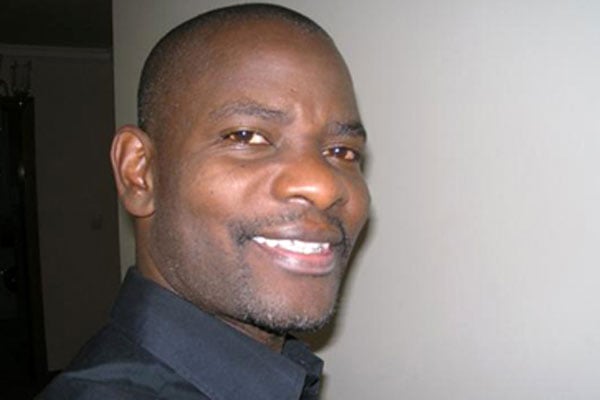Prime
What does Jajja Iculi’s death mean?

Author: Phillip Matogo. PHOTO/FILE
What you need to know:
- While Ugandans agree with what the President said, many of them are confused.
Condolences on the death of the blogger, Ibrahim Tusuubira, aka Isma Iculi. I condemn and treat with contempt the killing of this Ugandan by some pigs. It is pigs that believe in using guns against unarmed opponents,” President Museveni said during the week.
While Ugandans agree with what the President said, many of them are confused. For some thought, along with me, I must confess, that the killing of Iculi was State inspired.
'Jjaja Iculi':Who was Isma Olaxess in the public eye?
This is because we have seen “unarmed opponents” being killed before.
Recall, if you will, the slaying of former national boxing captain Isaac Ssenyange, alias Mando Zebra, who was shot dead by security personnel two years ago.
It emerged that he was shot nine times by about 12 soldiers who were moving in numberless vehicles.
Museveni said Ssenyange was a ruling National Resistance Movement (NRM) supporter, as Iculi was.
“At first, I thought they were thugs disguising in uniform, but as I continued investigations, I found out that Zebra was killed by security personnel,” said Museveni.
With Zebra’s killing in mind, it would not be such a stretch to assume that security personnel, errant or under orders, attempted to deliver a coup de grâce on seemingly wanton online commentary by killing Iculi.
Still, and following this thread of thinking, if they were indeed State operatives who killed Iculi, against the grain NRM practice; one wonders: is the State suffering from an autoimmune disease?
In human biology, autoimmune diseases reveal how the body is its own enemy – its own immune system attacks its own tissue.
This happens when the body’s immune system mistakes its own healthy tissues as foreign and attacks them.
The anatomy of the State in Uganda has been given to autoimmunity in the past. On January 25, 1971, security forces within Kampala turned their guns on their own at the start of what turned out to be a coup against then sitting president Apollo Milton Obote.
Paulo Muwanga, the former vice president and minister of Defence, in 1985 referred to what seemed to be happening in the country’s security circles as “uncoordinated troop movements”.
These movements, as it were, culminated in the second overthrow of Obote.
Maybe it is time we considered the fact that, with all the previous killings, along with the murder of Iculi, that there could be a creeping threat against the NRM regime.
A creeping coup is a process of change which occurs slowly and stealthily, without being readily detected, and is quite often characterised by deliberate sabotage; if there’s any other kind of sabotage.
A creeping coup, as opposed to the palace coup which showed Obote the door twice, is likely to be the biggest threat yet to the NRM regime. For it is gradual, largely imperceptible.
As a result, it recalls the Boiling Frog metaphor which comes from the anecdotal parable about boiling a frog. The frog is placed in boiling water and it naturally attempts to save itself.
However, a frog placed in cool water that is gradually brought to a boil will not notice the heat until it is boiled to death.
As we witness one killing after the next, we see that the situation in the country could be getting worse.
Even if Iculi’s killers are found, will this stop the killings? Most likely not. As of now, Ugandans are living in fear.
Phillip Matogo is a professional copywriter
[email protected]




